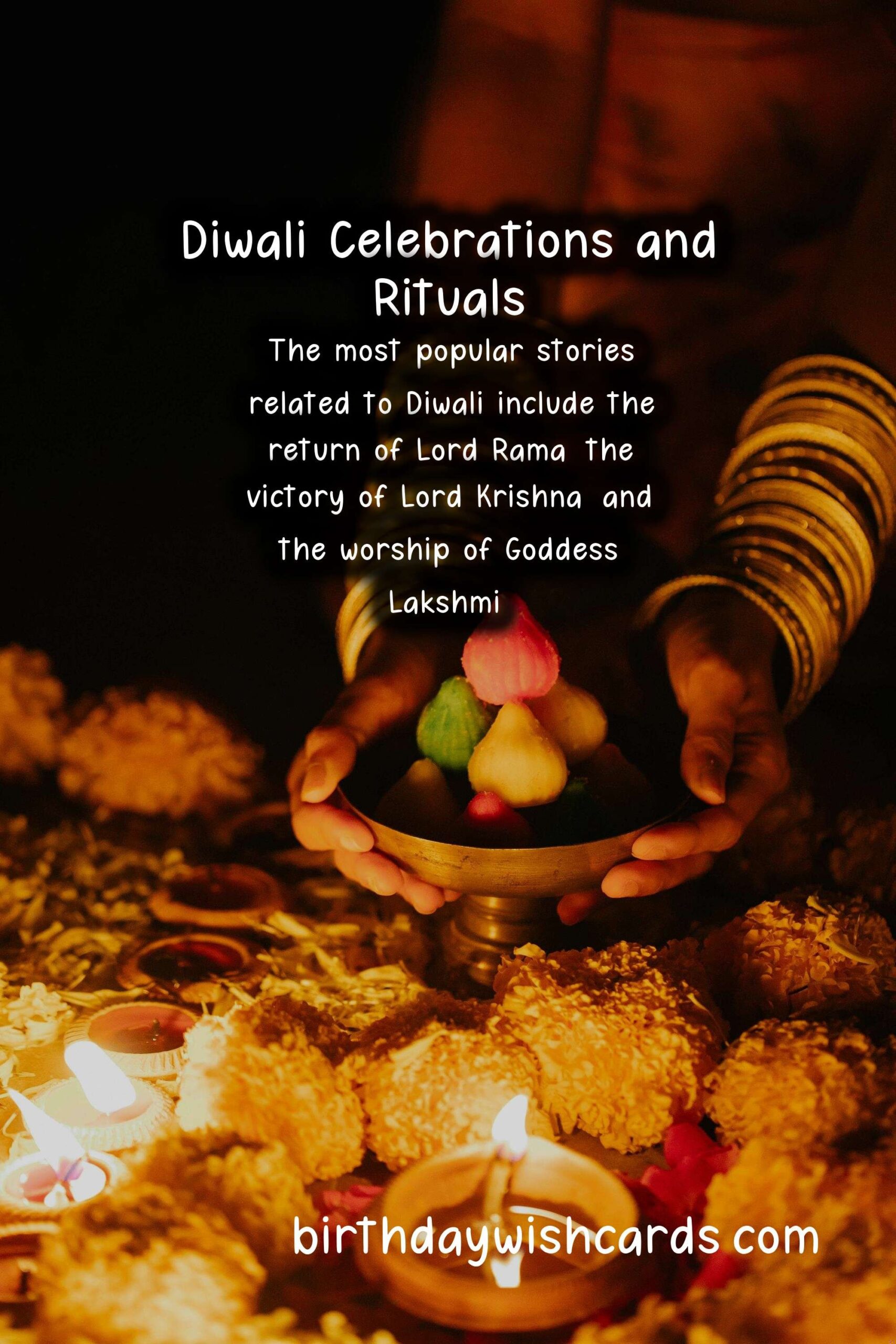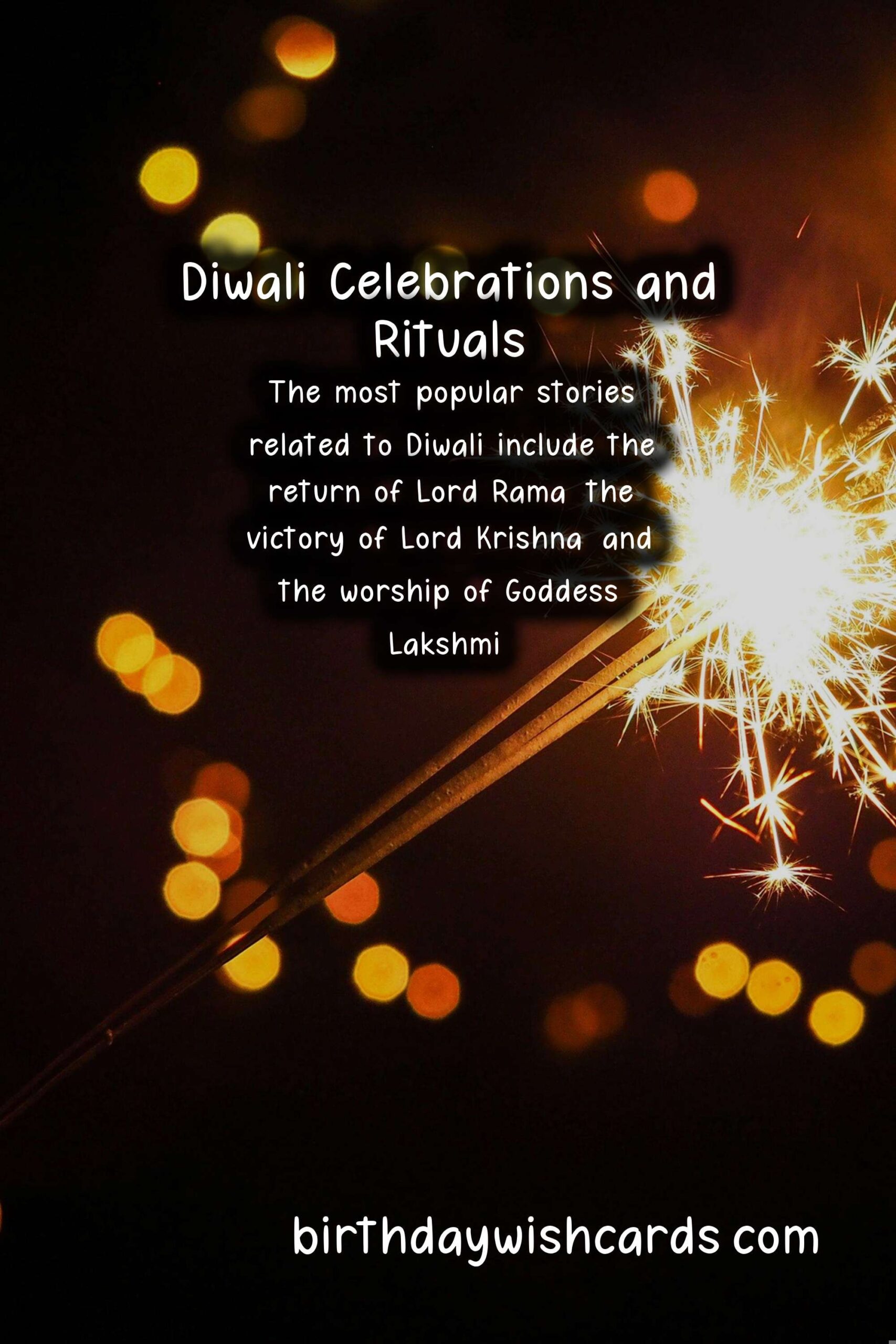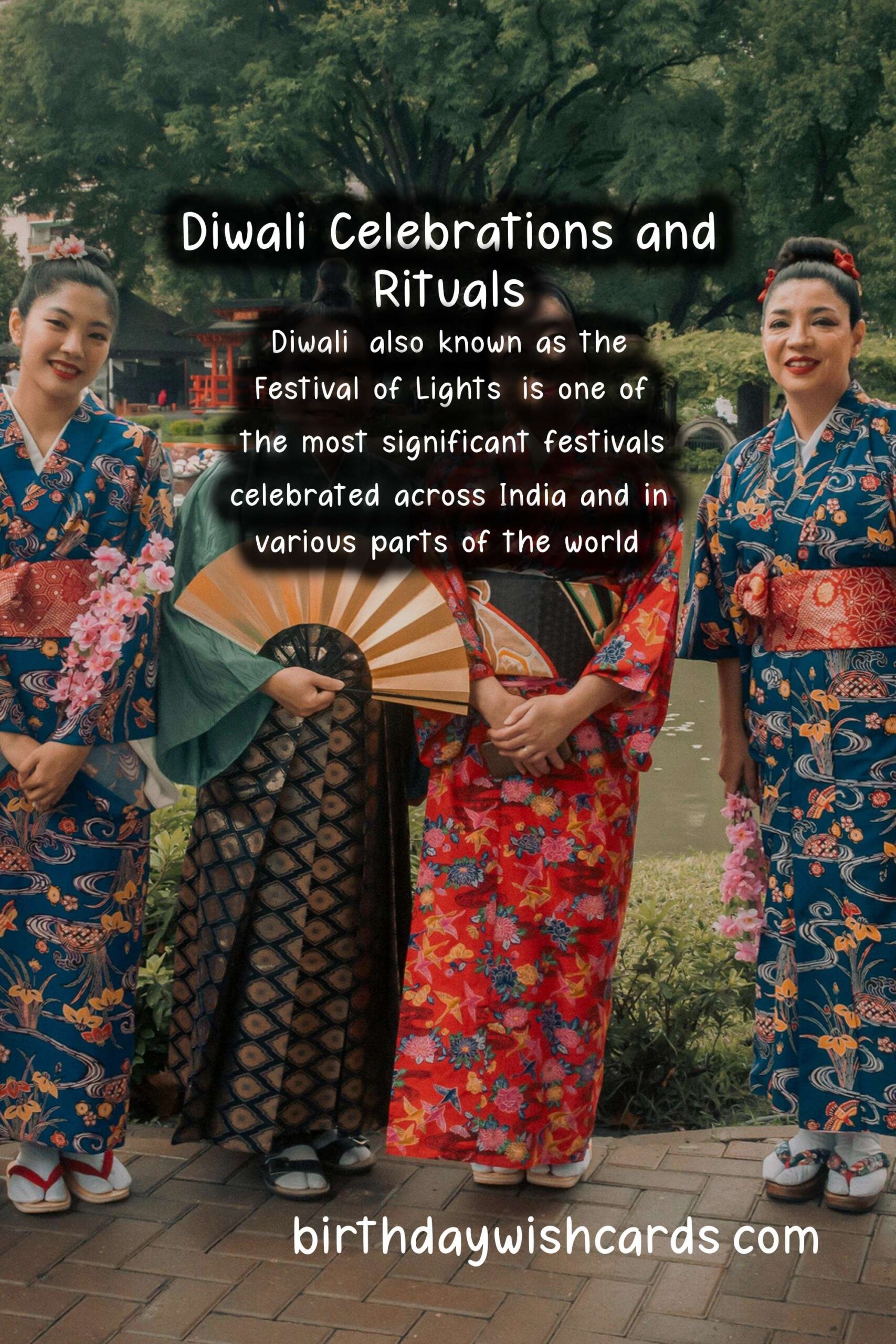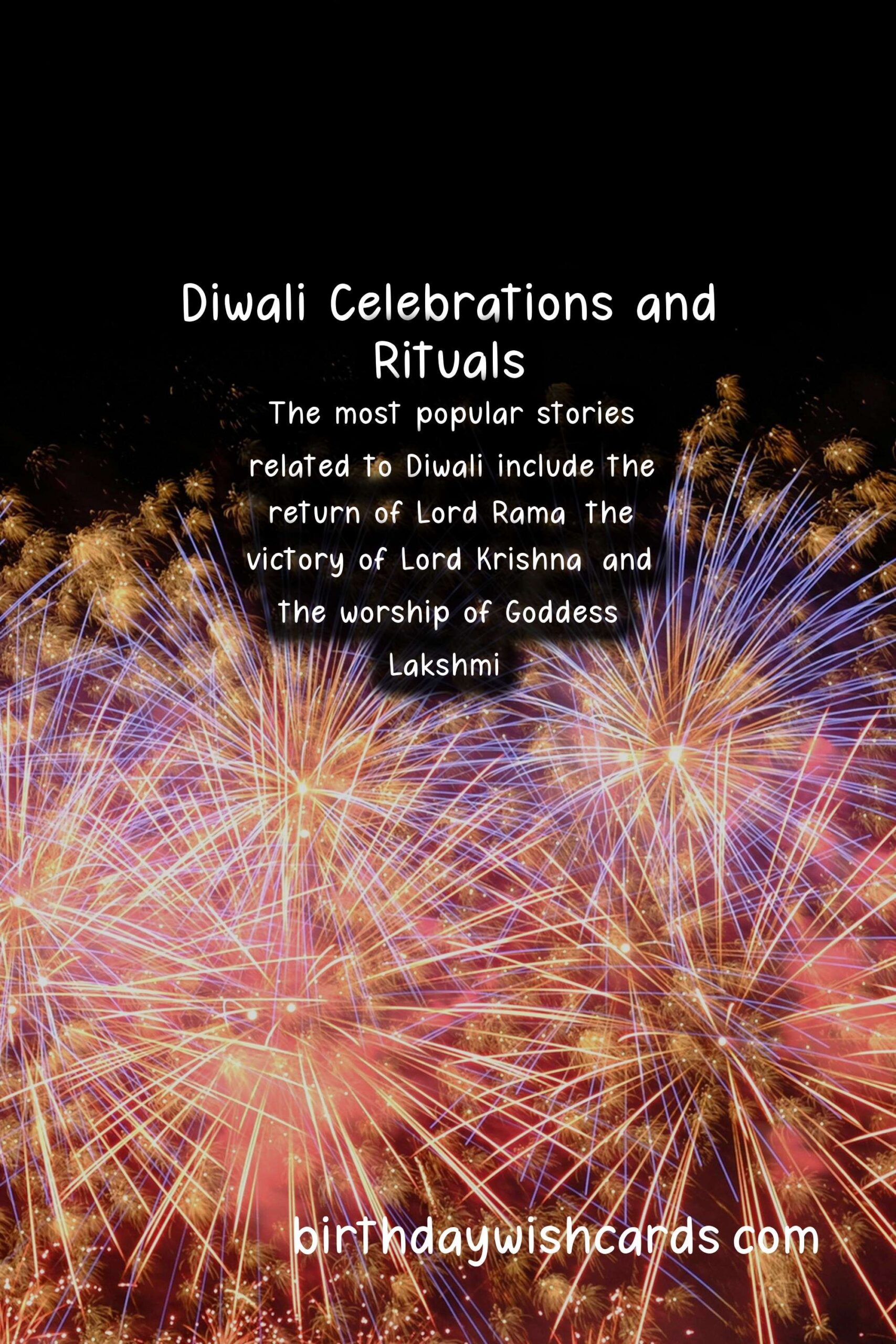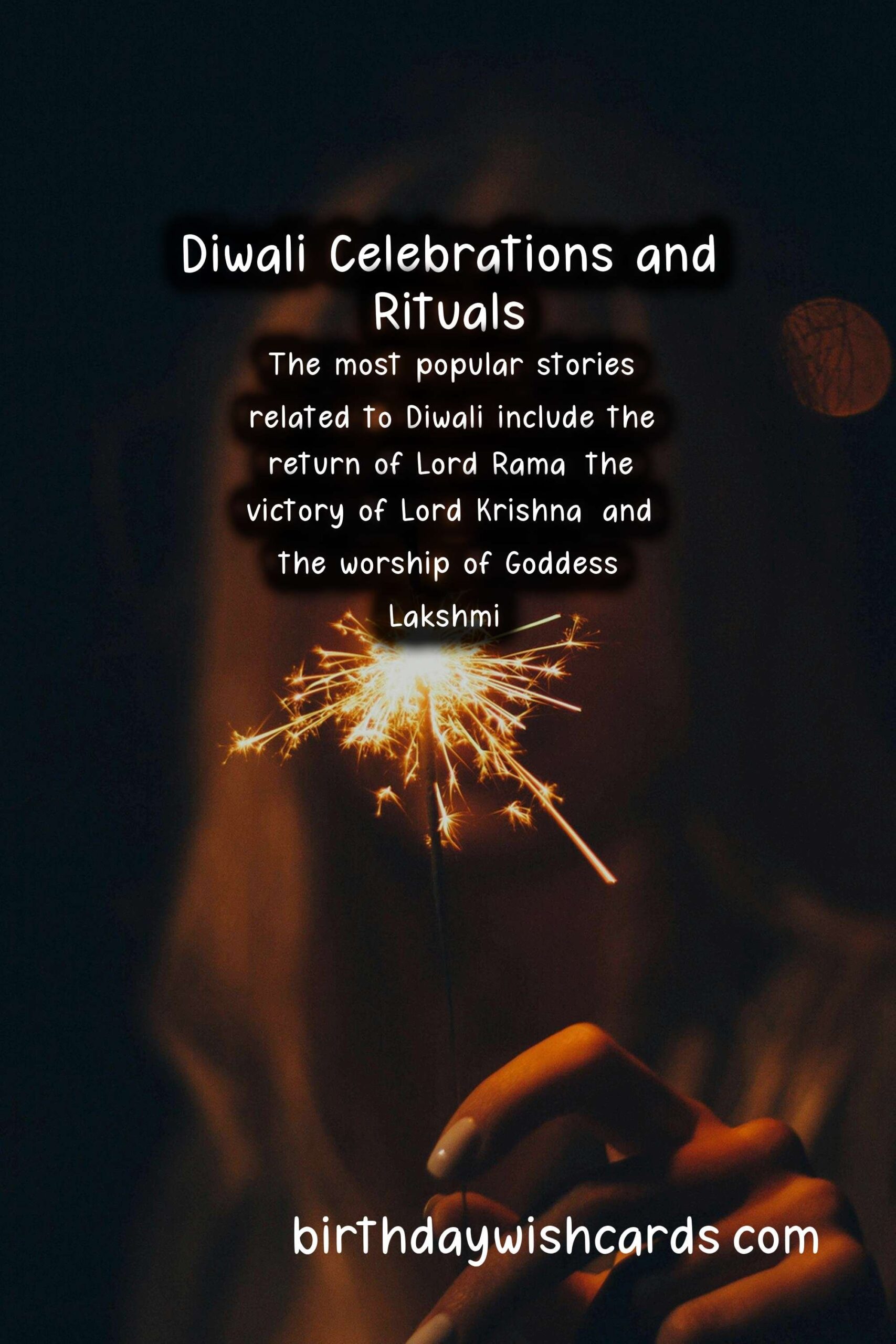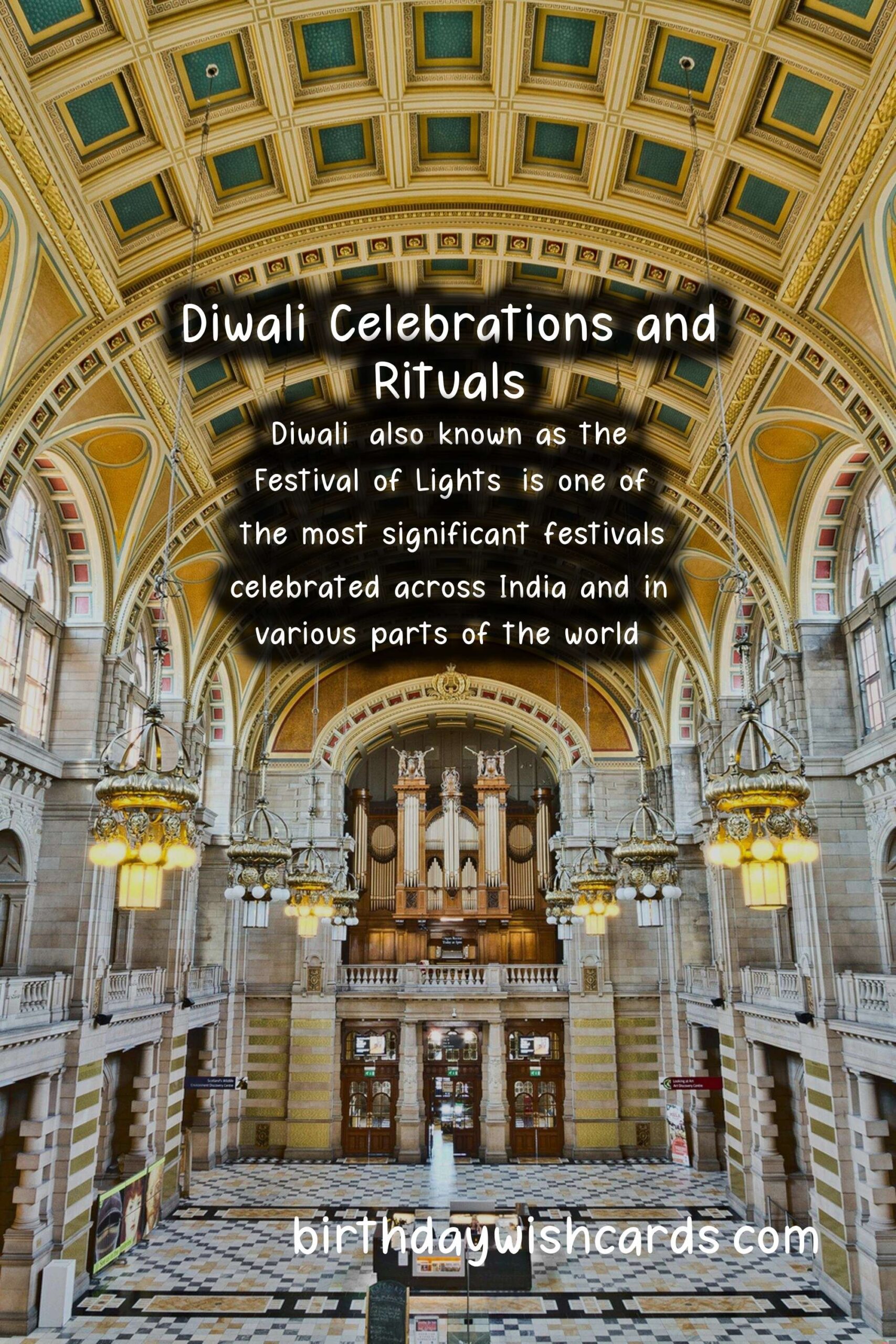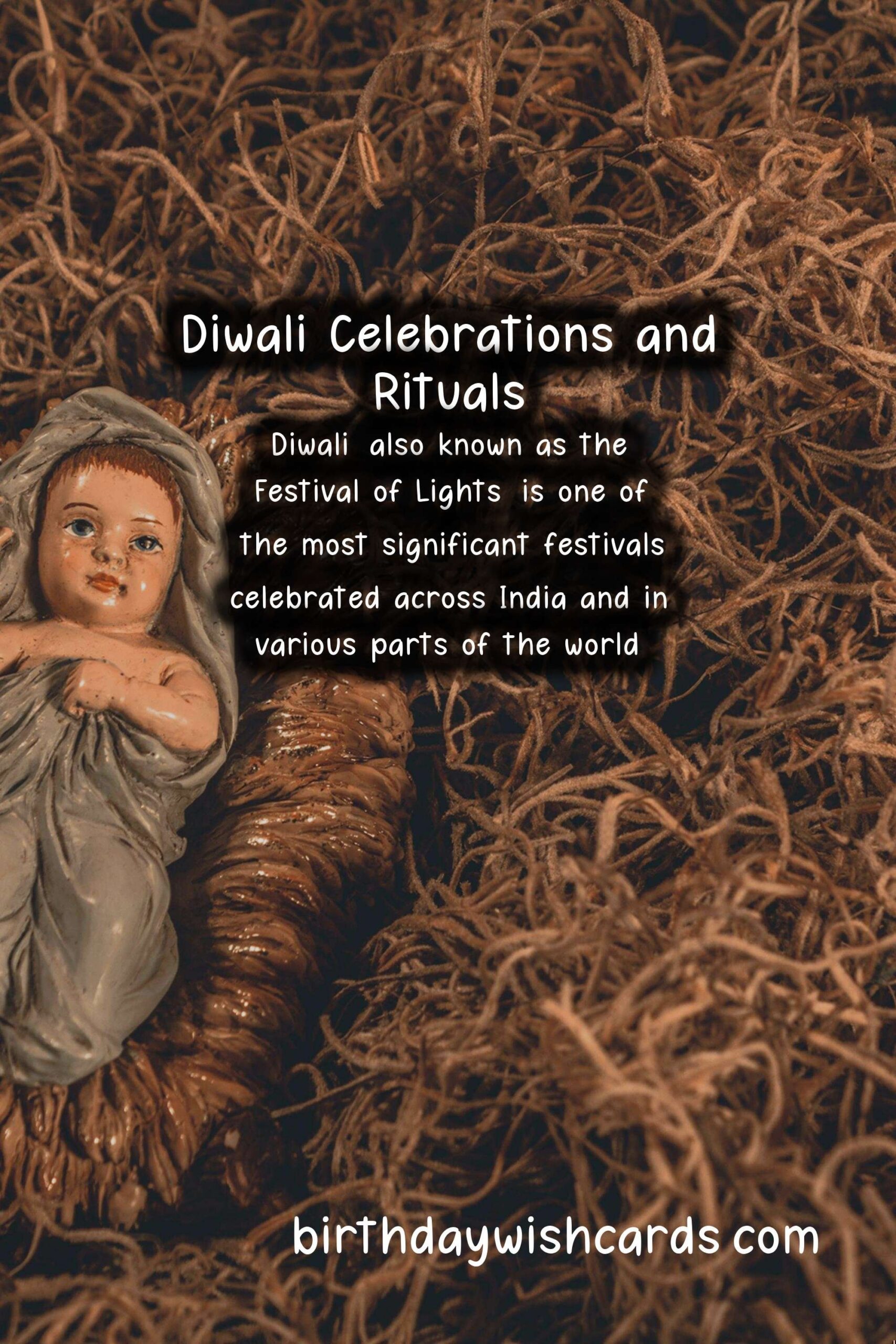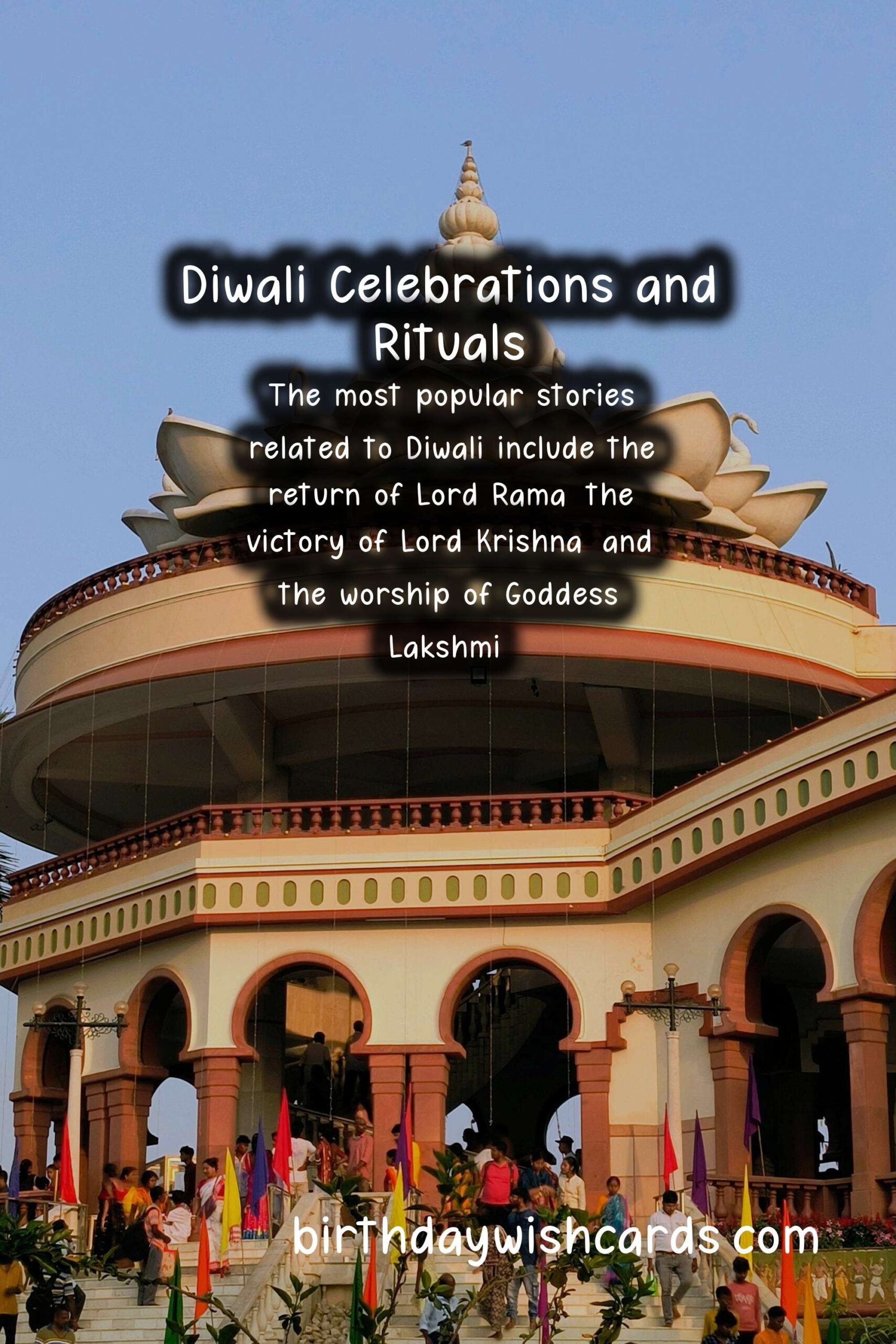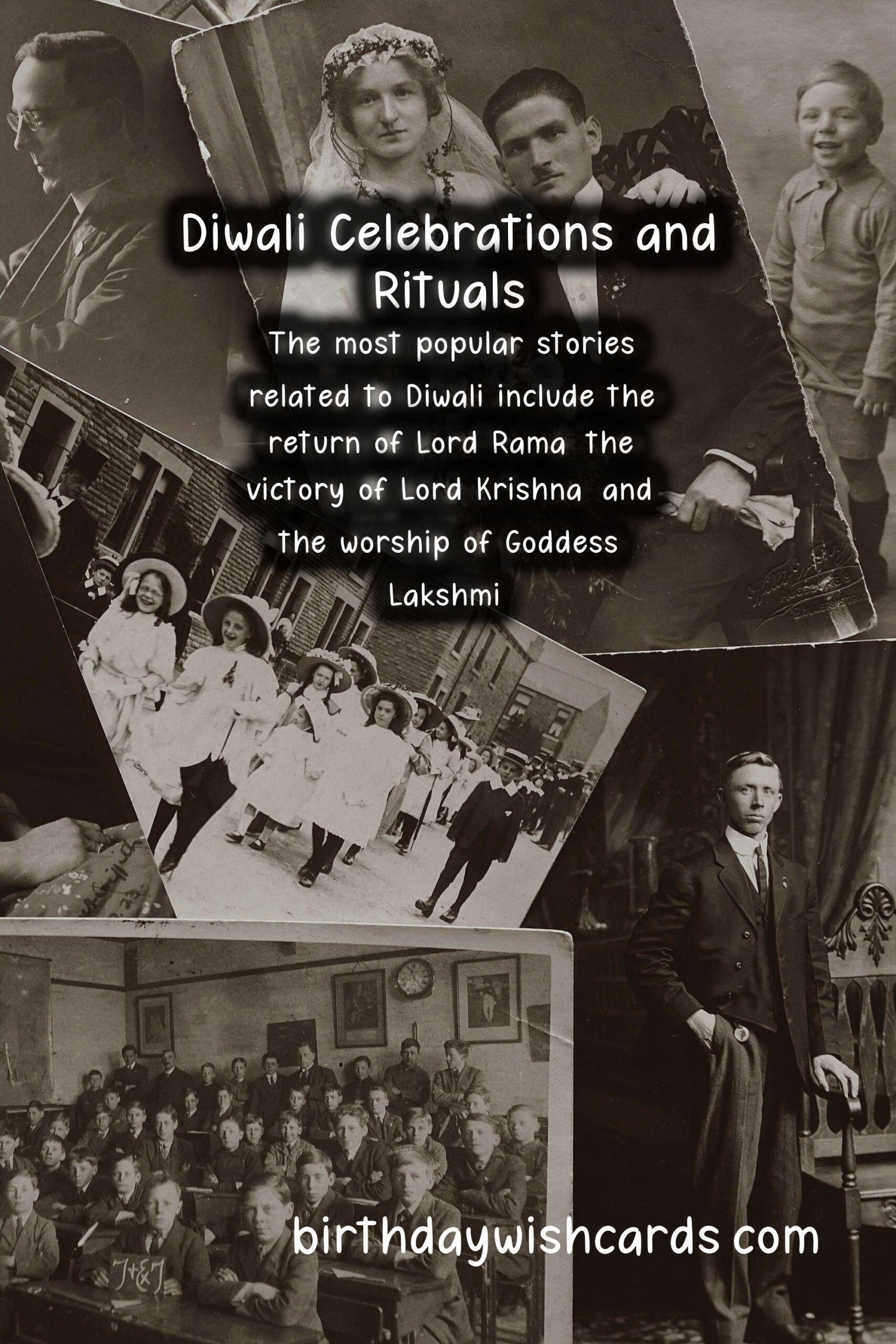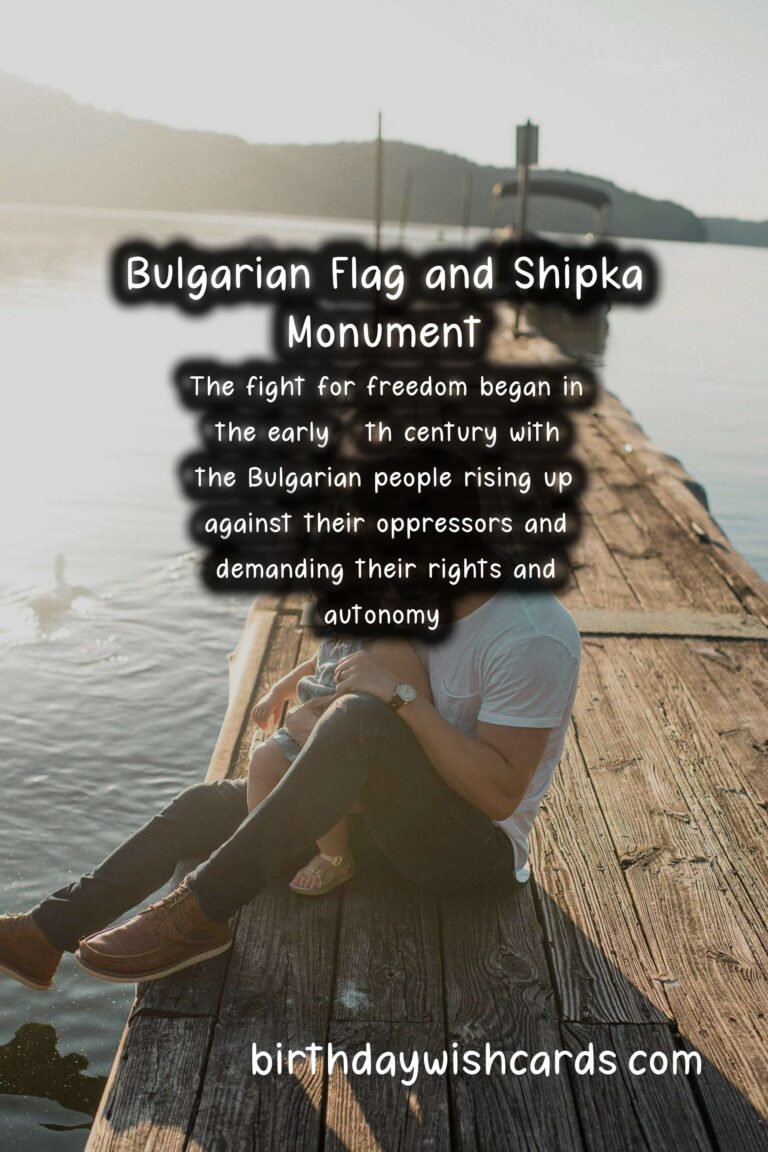The Rich History Behind Diwali: Celebrations, Traditions, and Significance
The Rich History Behind Diwali: Celebrations, Traditions, and Significance
Diwali, also known as the Festival of Lights, is one of the most significant festivals celebrated across India and in various parts of the world. With its enchanting traditions and vibrant celebrations, this festival symbolizes the triumph of light over darkness and good over evil. But what is the history behind Diwali? In this article, we will explore the origins, the various legends linked to this remarkable festival, and how it’s celebrated today.
Origins of Diwali
Diwali has its roots in ancient India. Based on historical records, its origins can be traced back to the 1st century BCE, though the festival’s celebration has evolved over the centuries. Diwali is observed on the new moon in the month of Kartika according to the Hindu calendar, which generally falls between mid-October and mid-November in the Gregorian calendar.
Hindu Legends of Diwali
Several Hindu myths and legends are associated with the celebration of Diwali, making it a multi-faceted festival. The most popular stories include:
1. The Return of Lord Rama
According to the Hindu epic, the Ramayana, Diwali marks the return of Lord Rama, his wife Sita, and his brother Lakshmana to their kingdom of Ayodhya after a 14-year exile during which Rama battled the demon king Ravana. The people of Ayodhya celebrated their return with joyous festivities and by lighting rows of oil lamps (diyas), illuminating the entire city.
2. The Victory of Lord Krishna
Another important legend related to Diwali is the victory of Lord Krishna over the demon Narakasura, who had terrorized the people. The day is celebrated as Naraka Chaturdashi, or Choti Diwali, preceding the main Diwali festivities. It is believed that Krishna defeated Narakasura on this day, freeing the world from tyranny.
3. The Worship of Goddess Lakshmi
Diwali is also closely associated with the worship of Goddess Lakshmi, the goddess of wealth and prosperity. It is believed that she visits the homes of her devotees during Diwali night, bringing with her blessings of wealth and success. To welcome her, people clean and decorate their homes, placing rangoli designs at their entrances.
Significance of Diwali
The significance of Diwali transcends religious boundaries and is celebrated by various communities. It is not just a time for festivity but also a time for reflection and renewal.
Spiritual Significance
Diwali encourages individuals to reflect on their lives, eliminate negativity, and cultivate a spirit of positivity and hope. It is a time for prayer and meditation, allowing devotees to connect with their spiritual selves.
Social Significance
On a social level, Diwali serves as a reminder of the importance of family, community, and togetherness. Families come together to celebrate, while friends and neighbors share sweets and gifts, reinforcing bonds and relationships.
Diwali Celebrations Around the World
While Diwali is primarily a Hindu festival, it is also celebrated by Jains, Sikhs, and some Buddhists around the globe. Each community has its own unique way of celebrating the holiday, showcasing the diverse cultures and traditions associated with Diwali.
1. India
In India, Diwali is celebrated with great fervor and enthusiasm. It typically spans five days, with each day having its own significance and rituals. The celebration involves lighting diyas, bursting firecrackers, decorating homes with rangoli, exchanging sweets, and performing Lakshmi Puja to invite wealth and prosperity.
2. Nepal
In Nepal, Diwali is known as Tihar and celebrated over five days as well, with specific rituals dedicated to the worship of animals such as crows, dogs, and cows, recognizing their contributions to human life.
3. Southeast Asia
In countries such as Malaysia, Singapore, and Indonesia, Diwali is celebrated by the Indian diaspora. Colorful street parades, lighting displays, and cultural performances mark the celebrations, highlighting the festive spirit of the festival.
4. Western Countries
In Western countries, Diwali has gained popularity, with events organized in major cities to celebrate the festival. This includes lighting of lamps, cultural performances, and food fairs that celebrate Indian culture and cuisine.
Modern-Day Celebrations of Diwali
Today, Diwali celebrations continue to evolve, incorporating modern elements while retaining traditional values. The use of electronic lights, social media, and online shopping has transformed how people prepare for and celebrate the festival.
Eco-Friendly Celebrations
In recent years, there has been a shift towards more environmentally friendly celebrations. Many people now opt for eco-friendly diyas and firecrackers to minimize pollution and promote sustainability.
Virtual Celebrations
The COVID-19 pandemic significantly impacted how Diwali was celebrated in 2020. Virtual gatherings and online festivities became the norm, allowing families to stay connected while respecting safety measures.
Conclusion
Diwali is more than just a festival; it embodies the spirit of joy, faith, and unity. Celebrated with vigor across the globe, its rich history and myriad traditions bind people together, reinforcing a message of hope and the victory of good over evil. As we celebrate Diwali, let’s remember its essence and the values it upholds.
Diwali, also known as the Festival of Lights, is one of the most significant festivals celebrated across India and in various parts of the world.
The most popular stories related to Diwali include the return of Lord Rama, the victory of Lord Krishna, and the worship of Goddess Lakshmi.
#Diwali #FestivalOfLights

